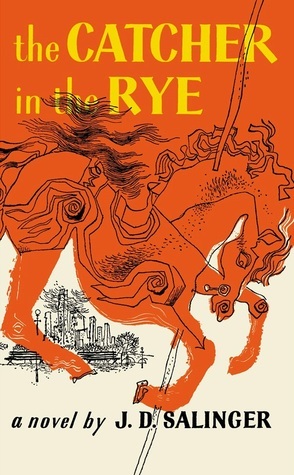Chapter 11: The Virtual Christmas Party
byChapter 11 of Bell College’s history took an unexpected turn in December 2020 when the institution faced the ongoing challenges of the COVID-19 pandemic. Bell College President Hubert Crumley made a difficult announcement: all in-person classes and events would be suspended indefinitely. This decision not only forced a transition to remote learning but also led to the cancellation of the college’s long-standing Christmas party, a cherished tradition since 1992. The announcement sparked mixed reactions among faculty and students—some prioritized health and safety, while others lamented the loss of personal connections.
Roddy Harris, a dedicated science professor, was among the most vocal critics of the new restrictions, arguing that virtual labs were no substitute for hands-on scientific experimentation. For him, the inability to conduct physical demonstrations and provide students with real-world experience posed a significant challenge to the quality of education. His wife, Emily, while equally disheartened by the cancellation of traditional learning, was more affected by the loss of the annual Christmas gathering, which had long served as a cornerstone of social interaction among faculty and students.
Despite the setback, Emily refused to let the holiday spirit be extinguished and quickly proposed an alternative plan to keep the tradition alive. She suggested organizing a virtual Christmas party via Zoom, incorporating a unique twist to maintain the warmth and excitement of the annual event. Instead of gathering in person, staff members would anonymously play the role of “Santa’s elves,” delivering food and drinks to faculty and students in their local community while the virtual festivities carried on.
At first, the idea seemed impractical, but with growing enthusiasm from colleagues and students eager for a sense of normalcy, the plan gained momentum. Faculty members volunteered to coordinate deliveries, while students signed up to participate in various virtual activities, including a poetry reading, a trivia contest, and even a remote “Secret Santa” exchange. The event quickly evolved from a simple online gathering into a well-orchestrated celebration, proving that innovation and adaptability could sustain traditions even in the most challenging times.
When the night of the party arrived, it was clear that the effort had been worth it. Screens were filled with familiar faces donning festive attire, laughing, and reminiscing about past celebrations. One of the most memorable moments occurred when Bonnie Dahl, a former student of Emily’s Early American Writers class, arrived at Emily’s doorstep as part of the food delivery initiative. Bonnie, beaming with excitement, took a moment to reconnect with her former professor, expressing her gratitude for Emily’s mentorship and mentioning her interest in applying to the Writer’s Workshop.
Emily, moved by the encounter, realized that beyond the logistics of hosting an event, the party had accomplished something far greater—it had rekindled the sense of belonging that so many had lost over months of isolation. The virtual format had allowed faculty and students to come together despite physical distance, fostering connection in a way that felt just as meaningful as past in-person celebrations. The encounter with Bonnie also reminded Emily of the lasting impact educators could have, reinforcing her commitment to nurturing aspiring writers despite the challenges of remote learning.
As the evening wound down and participants exchanged virtual farewells, Emily reflected on how the pandemic had reshaped not just education but the very fabric of social interaction. While Roddy continued to struggle with the limitations of online instruction, she found solace in the moments of inspiration that emerged unexpectedly—whether through a former student’s rekindled passion for writing or the resilience of a community determined to find joy amid adversity.
In the days that followed, Emily and Roddy continued adjusting to the new reality, knowing that the challenges of remote learning and pandemic restrictions were far from over. Yet, the success of the virtual Christmas party served as a reminder that even in the face of uncertainty, tradition and connection could endure. The event had not only kept the holiday spirit alive but had also reinforced the importance of human creativity and perseverance, proving that, in times of hardship, it is the small gestures of togetherness that make all the difference.


